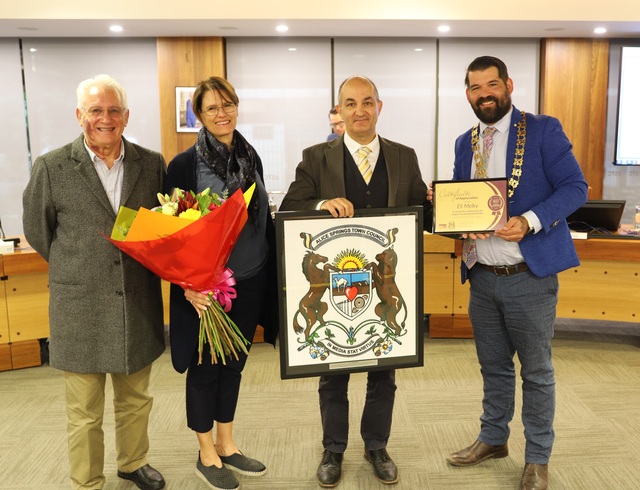On 8 November 2002, UNESCO approved the Mornington Peninsula Biosphere Reserve, making what is believed to be Australia’s first designated Biosphere Reserve in more than 20 years, and the world’s first urban biosphere.
Located in Victoria, the Biosphere Reserve includes the whole of the Mornington Peninsula Shire and parts of the City of Frankston, and coastal areas of the municipalities of Casey, Cardinia and Bass Coast including Phillip and French Islands. These areas are known as Victoria’s most biologically diverse regions.
The Biosphere Reserve has Federal, State and Local Government support, taking on a holistic approach to conservation. It encompasses natural land and sea life, but the area also has significant industries such as a flourishing wine industry, horticulture, dairying, cattle grazing, cut flowers, recreational and commercial fishing, and an expanding aquaculture industry.
The aim of the Biosphere Reserve is to achieve ecologically sustainable use and development of the region’s natural and cultural resources. To date, UNESCO has sponsored 393 Biosphere Reserves in 94 countries. The Biosphere Reserve is complemented by Mornington Peninsula Shire’s Sustainable Peninsula Initiative, which includes a variety of programs and activities to achieve sustainable outcomes.
“Our Biosphere Reserve is a living example of our commitment to sustainability, showing how people and the environment and commercial activity can live in harmony,” said the Mayor, Councillor David Collings.
Convenor of the Mornington Peninsula and Western Port Biosphere Advisory Committee and Council’s Director of Sustainable Environment, Ian Morris, said that the Reserve will enable many groups and individuals who have been involved in the project to concentrate on programs involving the broader community, giving them a greater role in ensuring that the area remains livable for future generations.
Local schools have become involved through the ‘Schools of the Biosphere’ program which looks at sustainability and schools. Clubs and conservation groups have also shown considerable interest, and a Biosphere Foundation will be established to coordinate future programs and projects.
For further information, contact Ian Morris, telephone (03) 5986 0231.







